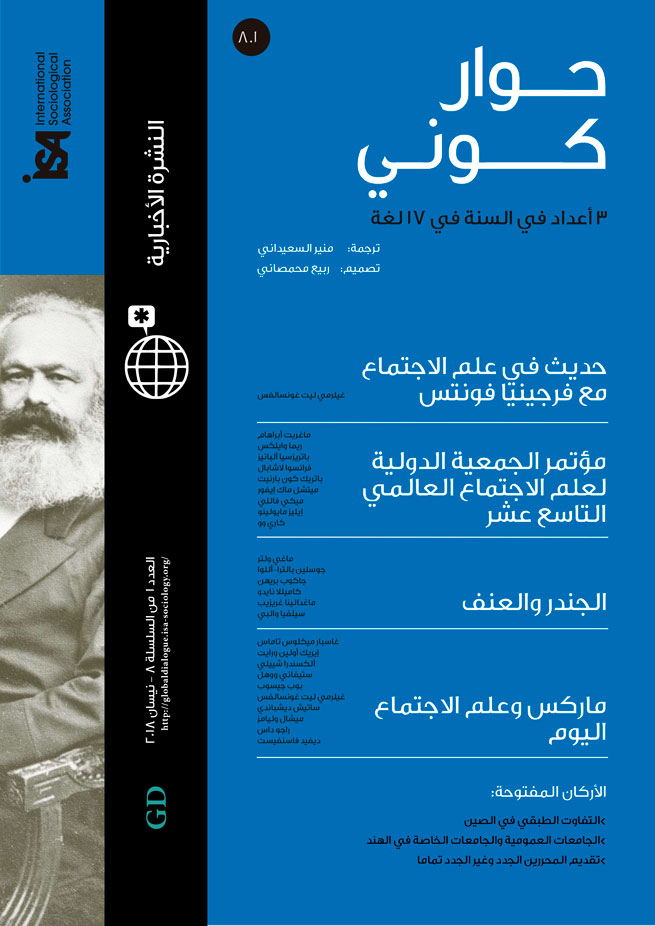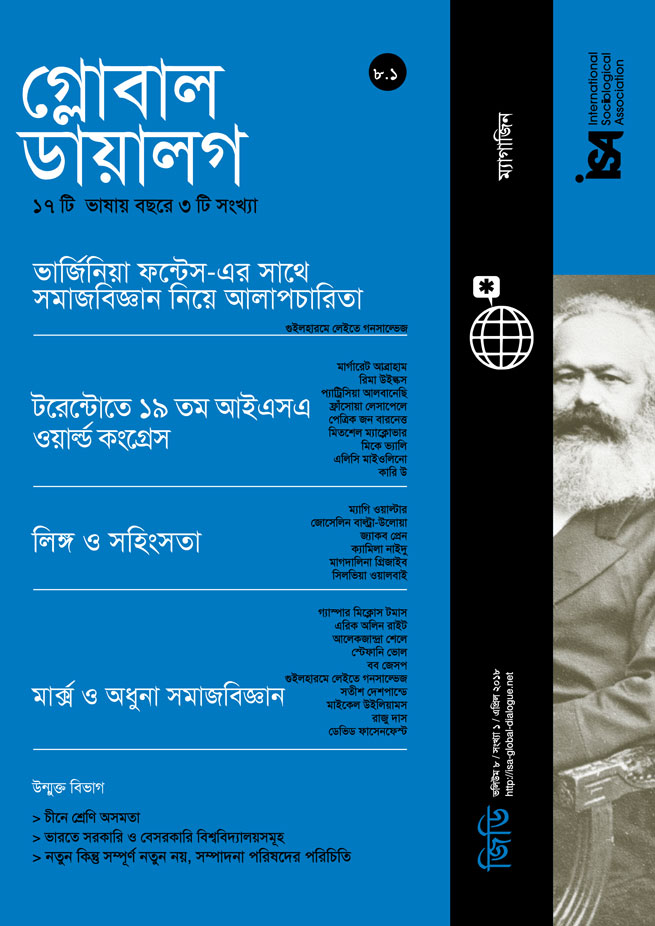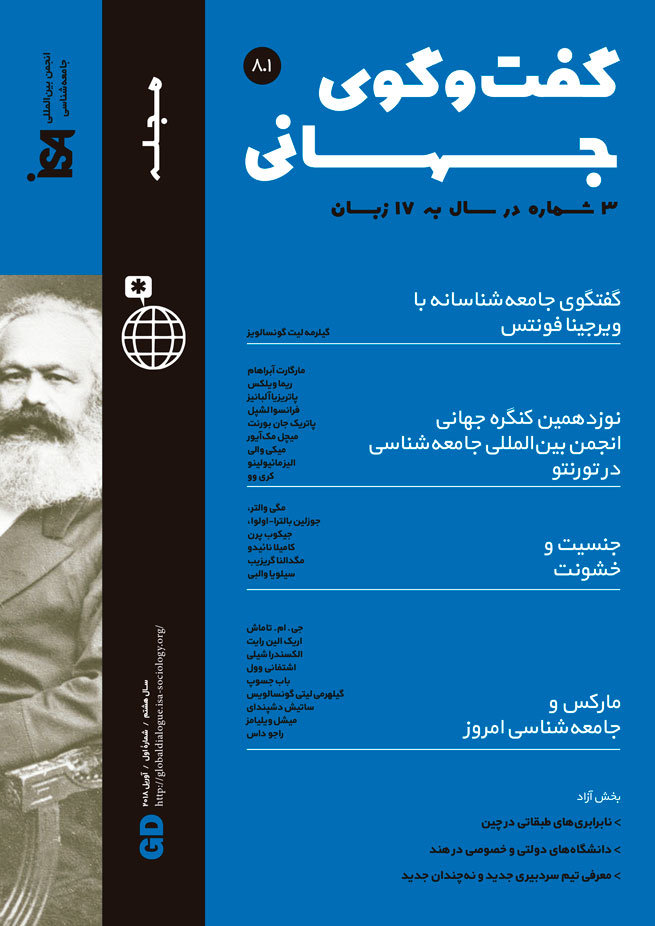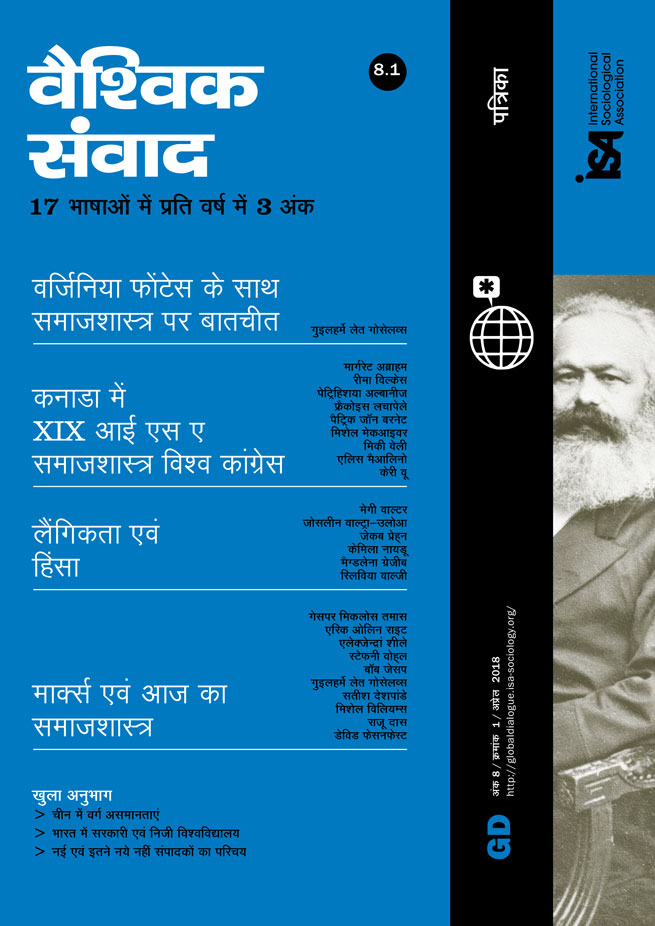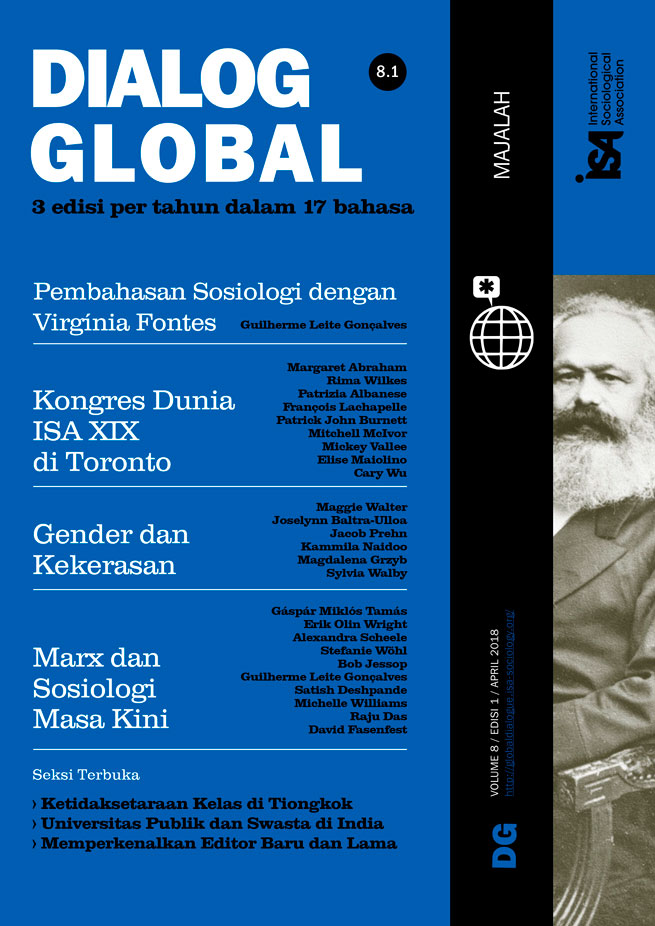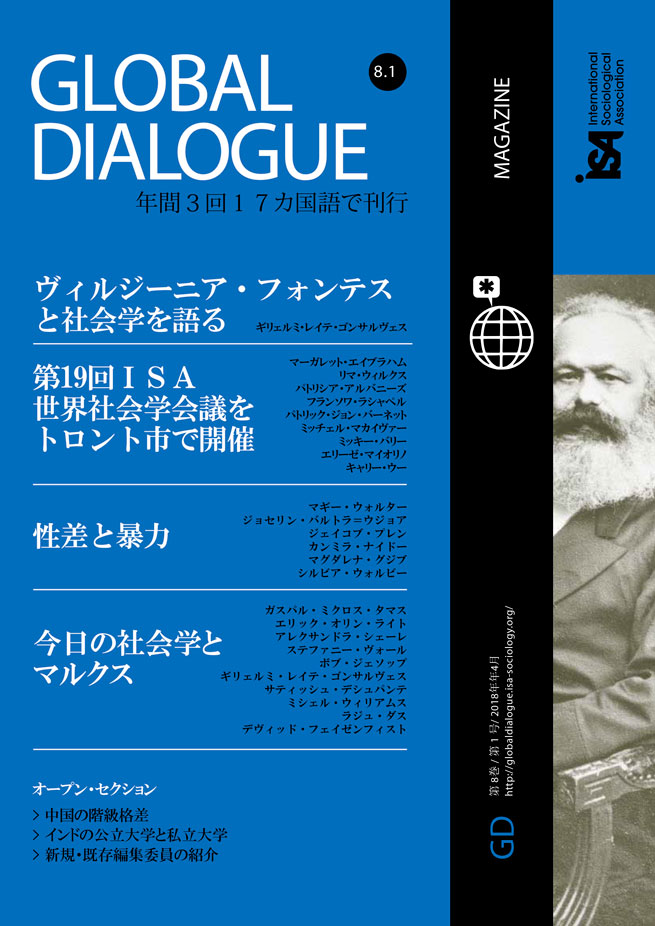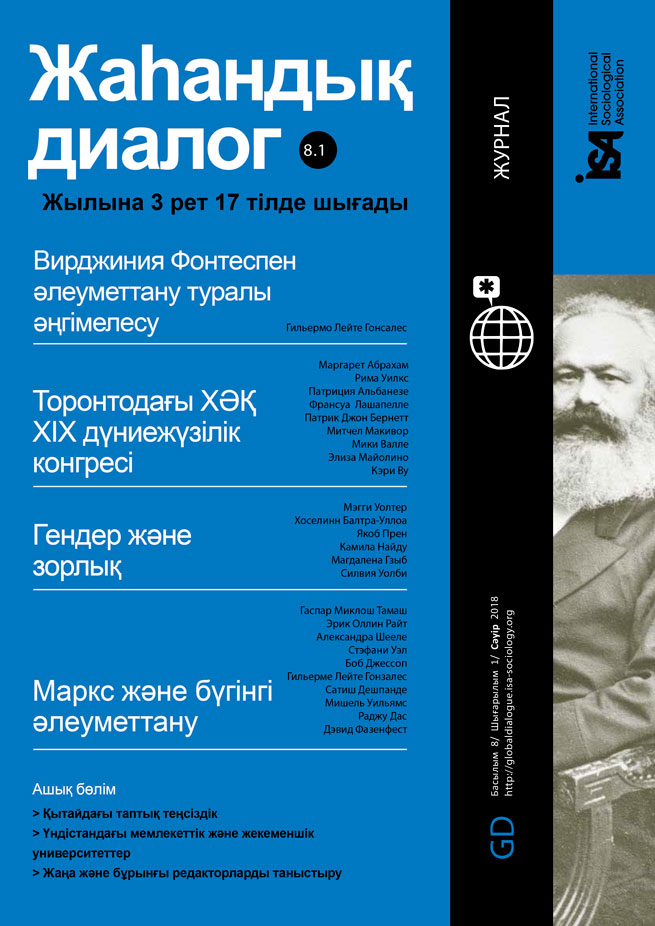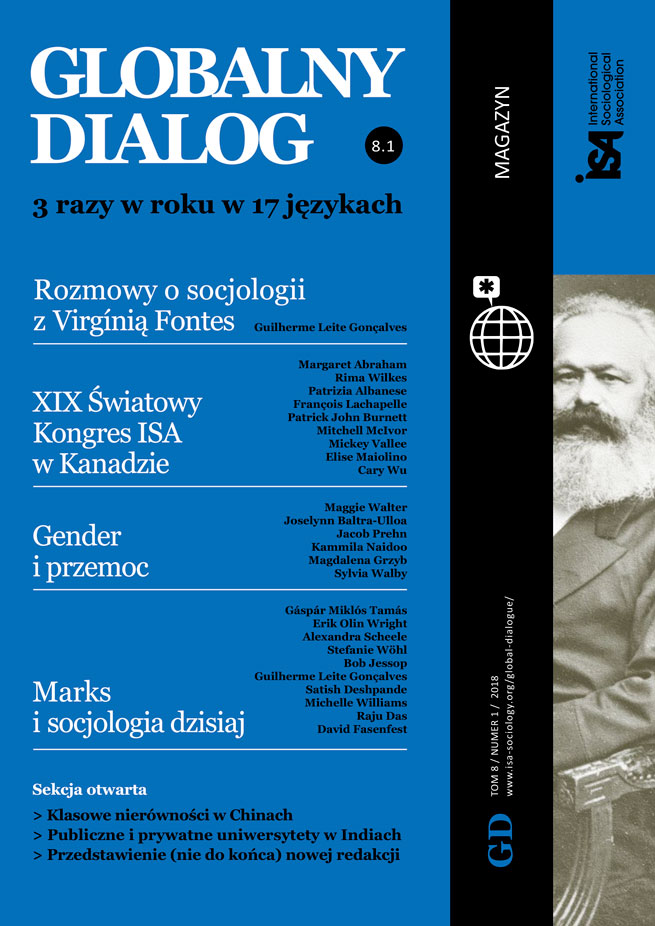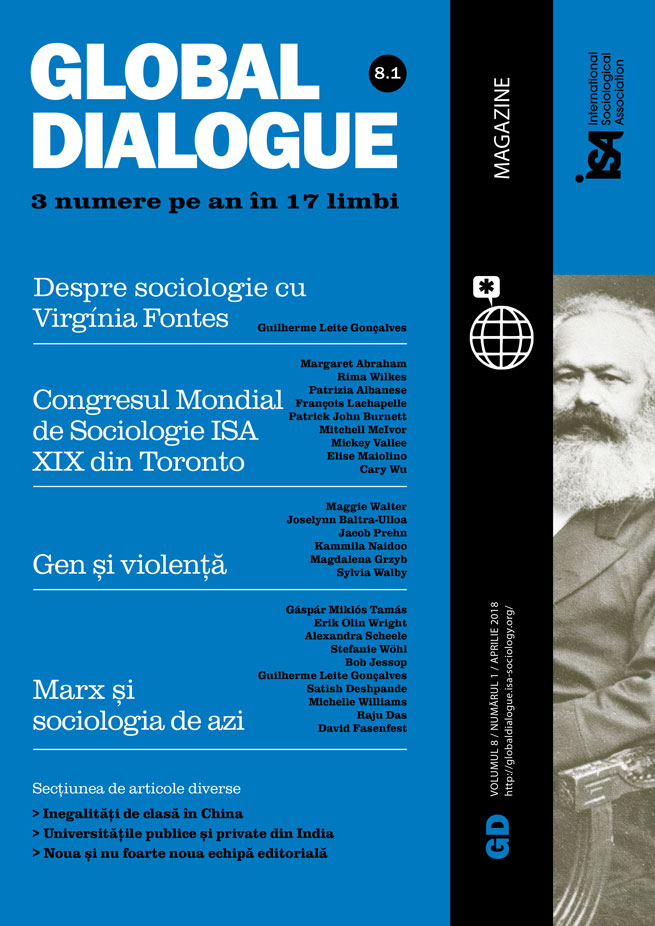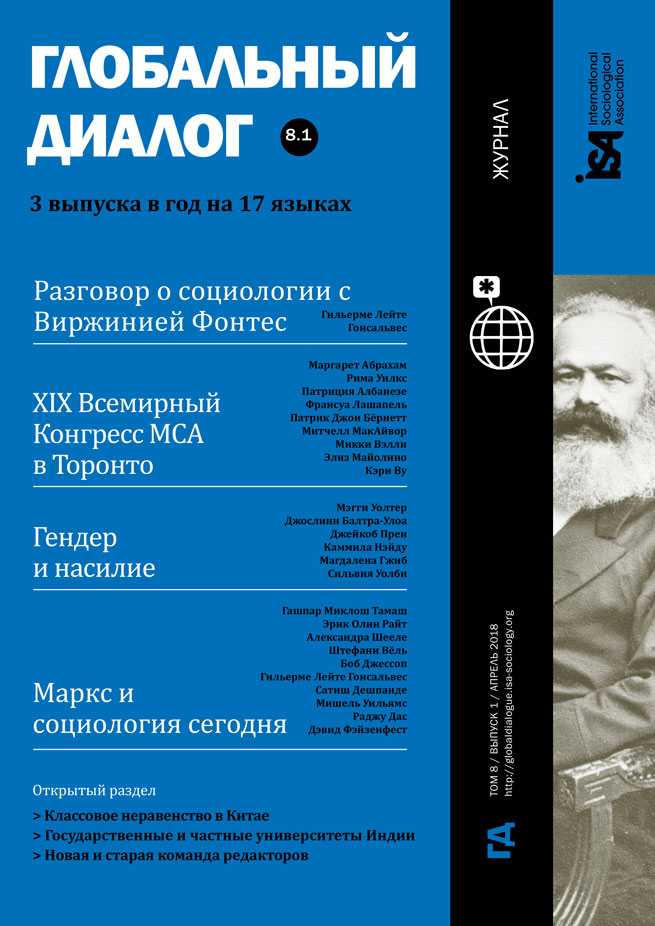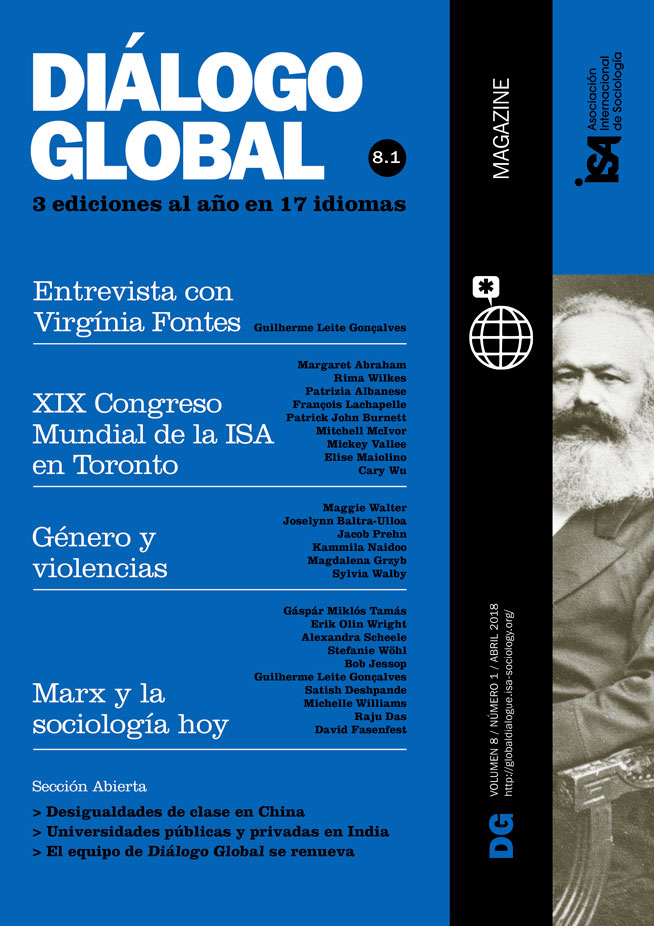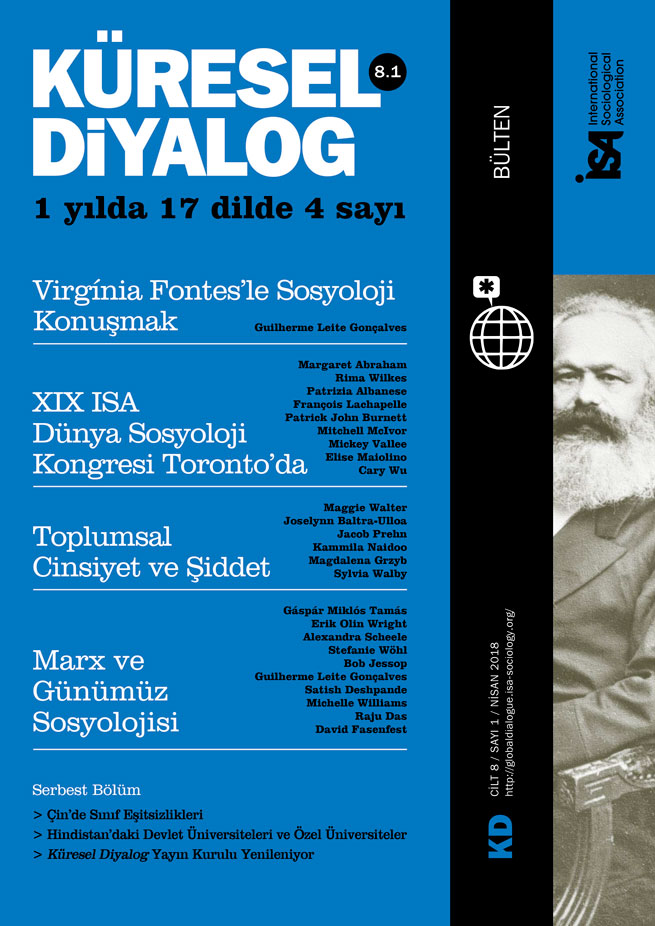Making Domestic Violence Visible in Poland
March 22, 2018
The Piasecki case
The Polish public was outraged when, in April 2017, a recording was published on YouTube by the wife of a local politician of the ruling Law and Justice Party. The recording showed one incident of the domestic abuse that the politician from Bydgoszcz, Rafał Piasecki, had been inflicting on his wife Karolina throughout their marriage. Rafał and Karolina met as teenagers at church – both were devoted Catholics. In pictures they look like a model Polish family, young and happy, with two lovely daughters. Karolina Piasecka reported domestic abuse from her husband in 2013, but police officers did not act on it; later, convinced by Rafał, she withdrew charges. The public coming-out of Karolina Piasecka has been groundbreaking in two ways. First, her testimony on the abuse and torture she suffered at the hands of her beloved husband had a huge impact not only in raising awareness about domestic violence and its prevalence in Polish society, but also in challenging the common assumption that domestic abuse confines itself to physical violence, and happens only in poor and dysfunctional families from disadvantaged social groups. Second, it sharply demonstrated the hypocrisy of the ultra-conservative right-wing politics of the Law and Justice Party and the true face of its blatantly misogynist politics.
Back to the past: Women’s rights over the last decade
There has been a pronounced public backlash in women’s rights and gender equality issues since the Law and Justice party came to power in 2015 (see Julia Kubisa’s article in GD7.1). Even before it came to power, the party strongly opposed the ratification of the Council of Europe Convention on preventing and combating violence against women and domestic violence; from 2012 on, it joined campaigns initiated by the Polish Catholic Church against the “gender ideology,” which was deemed a threat to the Polish family, traditional values, and national identity. The underlying assumption was that the statement in the Istanbul Convention on the structural causes of violence against women, and therefore the state’s obligation to eradicate harmful gender stereotypes that lead to violence against women, would be detrimental to Polish culture and deny parents their right to raise children according to their own values. Law and Justice Party politicians deny the magnitude of domestic violence in Poland and claim that Polish men treat women like ladies, and that Polish law protects women from domestic abuse. They argue that such abuse happens rarely and only when men are under the influence of alcohol. In 2015, the government cut funding to NGOs helping women victims of domestic violence, alleging that their service was discriminatory in providing help only to women. And in February 2017, the current President, Andrzej Duda, declared publicly that the Istanbul Convention would not apply to public institutions. Poland has a strong Catholic tradition, and the Catholic Church has been a major ideological influence within politics since the collapse of communism. Despite the gender equality of the communist era of 1945-1989, when women were granted access to labor, education, and reproductive rights, traditional gender roles – particularly within family relations and intimate relations – have persisted and women continue to occupy an inferior position vis- à-vis men. “Gender ideology,” a concept introduced by the hierarches of the Catholic Church in 2012 as a backlash to equality politics, was in fact aimed at diverting public attention from pedophilia scandals by priests and the resulting demands to hold the Catholic Church institutionally accountable. It was in such a political climate that Karolina Piasecka decided to go public with her own story and challenge the public denial of the problem. Once the recording was published, Rafał Piasecki denied beating his wife and said he was raised in a traditional family, shared Christian values, and believed in traditional gender roles in the family, justifying his behavior and maltreatment of his wife by suggesting that she was not adequately fulfilling the traditional gender role of a good wife.
The impact of the Piasecki case in Poland
The Piasecki case has become the first high-profile case of domestic violence in Poland. Most compelling was the fact that Piasecki was a prominent politician of the Law and Justice Party who was known for his advocacy of family values and his homophobic statements. This case was also a breakthrough one in terms of raising awareness about the seriousness of psychological abuse and its impact on victims. In general, psychological abuse has been disregarded as a form of violence both by public institutions and the courts. Although Piasecki’s behavior was extreme, many women found such behavior familiar in their own families and did not necessarily acknowledge it as something abnormal or unacceptable. The case received high media coverage (in the independent media and social media) and sparked indignation and debate around the failure of the public responses to help victims of domestic violence. It also broke the strong social taboo against speaking out. Karolina Piasecka explained that her decision to go public was based on a desire to help other women suffering abuse to come out of the closet, encourage them to leave abusive relationships, and show that domestic violence is not confined to families from an underclass.
Not an isolated case: Domestic abuse and the Law and Justice Party
Although the Piasecki case did not spark a political storm within the ruling party, the real political ramifications are yet to emerge. Despite the fact that Piasecki was expelled from the Law and Justice Party, and in May 2017 had charges placed against him, the party’s politicians continue to belittle the problem. The Law and Justice spokesperson, Beata Mazurek, said that abusing/overusing (sic) violence against the family is unacceptable, as if any use of violence is not! Party colleagues condemned domestic violence but also stated that a family drama was being used in a political struggle. The case of Rafał Piasecki, although very stark, was not the first and only case of a politician of the Law and Justice Party beating and torturing his wife. In 2016, an MP, Łukasz Zbonikowski, was also accused by his wife of abuse, though the case did not receive as much public attention. Later in 2017, another MP, Waldemar Bonkowski, was accused by his wife of abuse, threats, and so-called “gaslighting” – he kept saying that she was mentally ill. When an ultra-conservative, traditionalist, and pro-Church political party downplays the gravity of the situation and in fact tolerates in its ranks people who severely abuse their families, it jeopardizes claims to moral superiority and legitimacy to rule the country. It reveals the cynicism and true face of conservative and right-wing politics that serve only to uphold patriarchal power and masculine privilege. Although laws counteracting domestic abuse have existed since 2005, domestic violence is implicitly legitimized within the prevailing discourse on the protection of family values. The Law and Justice Party does not legitimize domestic violence itself, but it does enforce, via the legal system and official discourse, the traditional patriarchal family structure and women’s confinement to the private sphere. Given the greater social awareness on the subject that the Karolina Piasecka case has undeniably achieved, the stance of the ruling party toward domestic violence, combined with its other openly anti-women politics (such as around access to reproductive rights), may in the long run discredit the party and, even more, its patriarchal and narrow ideology. This case demonstrates the need for sociologists to interrogate and critique the fault lines inherent in family structures as they stand today and the linkages between the public and the private.
Magdalena Grzyb, Jagiellonian University, Poland <magdalenaagrzyb@gmail.com>

